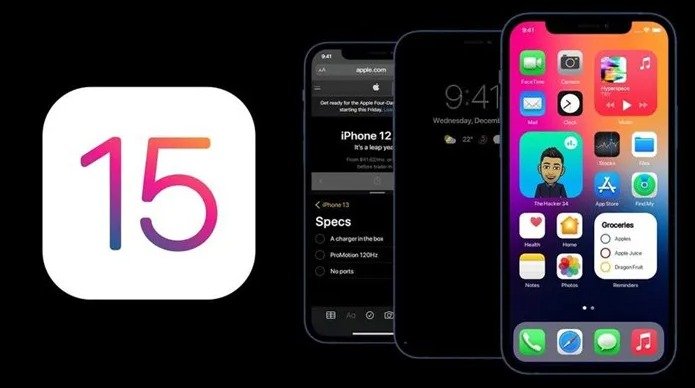The update policy of iPhones and iPads has undergone relatively large changes in recent years. It started in 2017, when Apple released an above-standard bug iOS 11, so a year later he decided to upgrade all devices with this system to iOS 12. Last year, this history was repeated; all devices with iOS 13 could be upgraded to iOS 14. How will it be this year?
Some models will end support
It can be assumed that Apple will not be so generous this year and support for some devices will be cut off, their list was published by the French server iPhoneSoft. Apparently, Apple will no longer support devices running under the baton of the Apple A9 chipset and older. This means that they will lose support:
This is good news for owners of the iPhone 7 and 7 Plus from 2016, because according to the logic of recent years, Apple should cut two generations in a row after a “generous” year. But it probably won’t happen. However, supported iPads are likely to be reduced, although their list has not yet been confirmed. iPhoneSoft expects iPadOS 15 to no longer install on:
- iPad mini 4
- iPad Air 2
- iPad 5
We anticipate that, as in previous years, Apple will introduce new systems sometime in June, and distribution to end devices will begin in the fall after the introduction of this year’s iPhones. However, iPhoneSoft is not the only source that provided this information. A similar list appeared in another last year foreign source, which adds credibility to the information.
Which models will see the iOS 15?
- iPhones introduced this year (September / October)
- iPhone 12 Pro Max
- iPhone 12 Pro
- iPhone 12 mini
- iPhone 12
- iPhone 11
- iPhone 11 Pro
- iPhone 11 Pro Max
- iPhone XS
- iPhone XS Max
- iPhone XR
- iPhone X
- iPhone 8
- iPhone 8 Plus
- iPhone 7
- iPhone 7 Plus
- iPhone SE (2nd generation)
- iPod touch (7th generation)
iPads
- iPads introduced this year
- 12,9″ iPad Pro
- 9,7, 10,5 a 11″ iPad Pro
- iPad Air 3
- iPad Air 4
- iPad 6/7/8
- iPad mini 5
–



